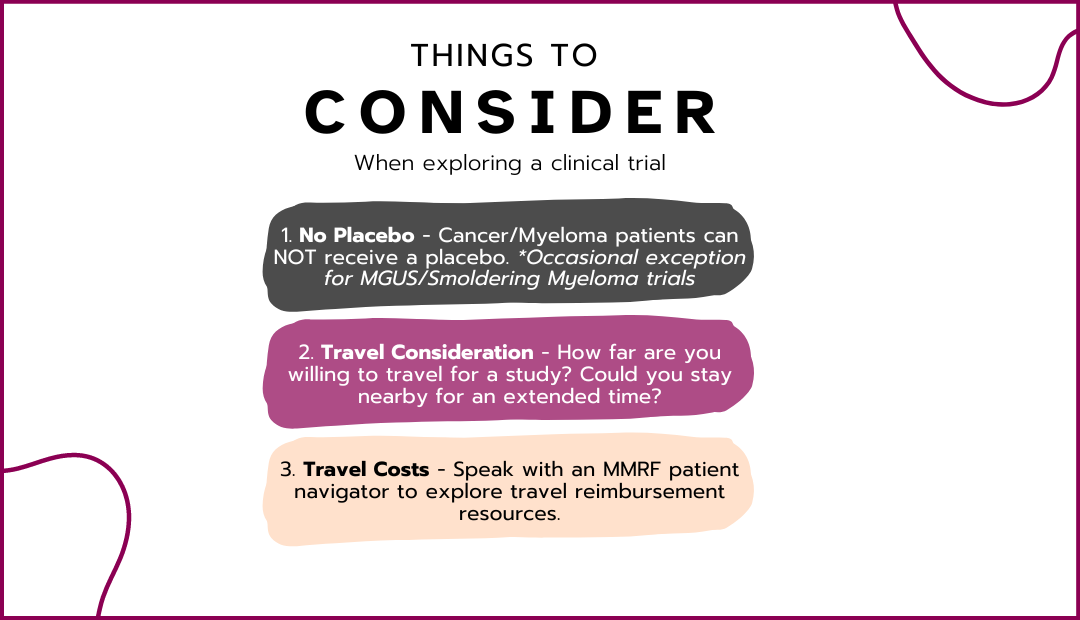Itacitinib With High-dose Posttransplantation Cyclophosphamide in Older Patients
NCT05823571
Age 60 +
Sex Both
Phase Phase 1
Third Opinion Trial Synopsis
In this clinical study, researchers are exploring a new treatment approach for patients with a specific type of blood cancer. The study focuses on a combination of therapies that aim to improve patient outcomes and quality of life. Here are some key details about the study:
- The treatment involves a unique combination of existing therapies, which may enhance their effectiveness when used together.
- Participants will receive personalized treatment plans based on their individual health needs and responses to therapy.
- The study includes a diverse group of patients, allowing researchers to gather data on how different demographics respond to the treatment.
- Patients will be monitored closely throughout the study to assess the effectiveness of the treatment and any potential side effects.
- This study aims to provide insights into how combining therapies can lead to better management of the disease.
- By focusing on personalized treatment, the study hopes to improve overall patient satisfaction and outcomes.
Third Opinion AI Generated Synopsis
Trial Summary
This research is being done to learn whether drug called itacitinib, which is a novel inflammation- and immune-lowering drug (immunosuppressant), can be given before and after non-myeloablative peripheral blood stem cell transplantation (PBSCT; also known as a 'mini' transplant) to help prevent certain complications such as cytokine release syndrome (CRS) for patients with blood cancers, using peripheral blood from a relative. The investigators will also examine if by using itacitinib the investigators can reduce the duration of MMF (other immune suppressive drug administration posttransplant).
This research is being done to learn whether drug called itacitinib, which is a novel inflammation- and immune-lowering drug (immunosuppressant), can be given before and after non-myeloablative peripheral blood stem cell transplantation (PBSCT; also known as a 'mini' transplant) to help prevent certain complications such as cytokine release syndrome (CRS) for patients with blood cancers, using peripheral blood from a relative. The investigators will also examine if by using itacitinib the investigators can reduce the duration of MMF (other immune suppressive drug administration posttransplant).
from ClinicalTrials.gov
Locations & Contact
Fill out the form and to let the Multiple Myeloma Research Foundation know you are interested in this trial.
Contacts:

